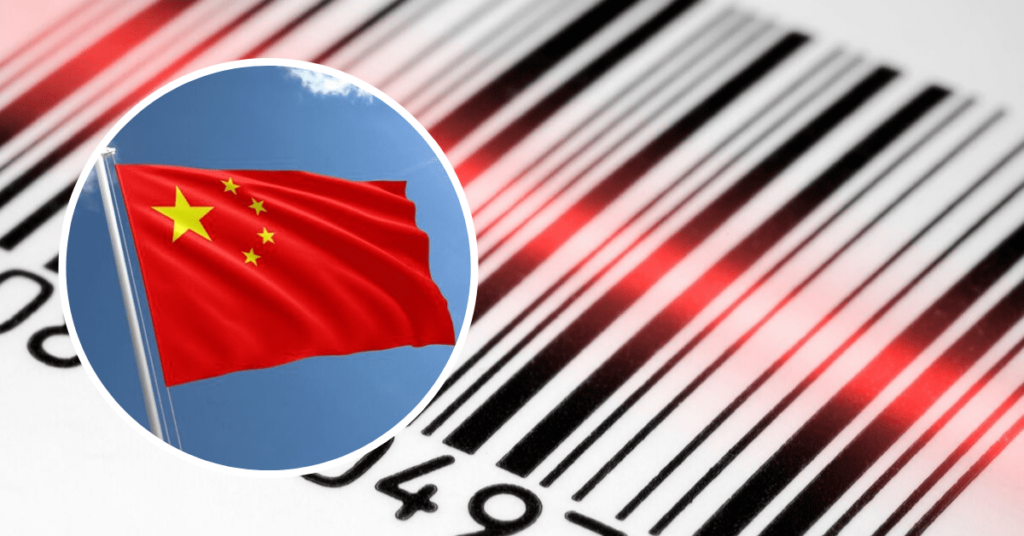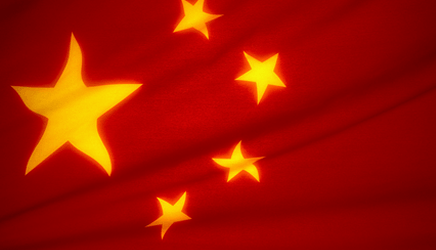Overview of China’s National Medical Products Administration (formerly CFDA), their reform, medical device registration, drug registration.

Table of content
What is the NMPA
The China Food and Drug Administration (CFDA), or the now National Medical Products Administration (NMPA), is the Chinese regulating body that oversees pharmaceuticals, medical devices, and cosmetics. Some of their tasks and responsibilities include:
- To routinely check the safety of the products offered in the market
- Create laws and regulations
- Encourage new technological advancements
- Manage and organize product standards, classification systems, the National Essential Medicine List, and the national essential medicine system
- Regulate registration, develop registration system, and review marketing material
- Quality management of products
- Monitor and evaluate post market risk, and managing emergency responses
- Create management qualification for licensed pharmacists, and supervise the registration
- Guide supervision of inspections, and punish illegal activities involved during the registration or manufacturing processes
- Participate in international discussions and development of regulations
The Reform
In 2015, China had begun the process of reforming their regulatory body to improve the process of registration, review, and communication. Before the change, when manufacturers submitted their registrations, they would have to wait months or even years to receive feedback. The regulation requirements for China were hard to understand, and the local standards, clinical data and testing did not meet global standards. After the reform, new classifications of chemical drug registration were created, there are more regulations and guidances, and new evaluation and priority review criteria available. For a more detailed list of changes, click here.
After joining the International Council for Harmonization (ICH) in 2017, China’s regulatory process had improved significantly, allowing for an easier, simpler, and more efficient system. More products are available in the market, and many are meeting international standards. They’ve also allowed for foreign clinical trials to be admitted, which eliminates the need to conduct these trials in China and lessens the wait time to get approved and distribute products to the public.
Registering a Medical Device
Before applying to register a medical device to the NMPA, the company must have completed research and development to ensure their product follows the safety and effectiveness requirements, and to prove that all the data is complete, accurate, and traceable. Any application send must be in Chinese, along with a copy of the original non-translated documents.
If a manufacturer is applying to register their imported/foreign device, it must be approved in their home country’s market before applying to China’s. If the product is approved in the home country, but is not registered as a medical device, the manufacturers must provide proof that their product is registered and approved for public use.
Along with the application, manufacturers have to send product technical requirements, where the information about performance, testing, safety, and quality control is documented. The NMPA will classify the product according to how risky it might be for public use. Class I as the least risk item, and Class III as the riskiest. Upon registering, Class II and Class III products shall be required to conduct testing, while Class I devices can submit their own self-testing reports.
Products that have to undergo clinical testing will have to follow the Good Clinical Practice (GCP) requirements. Class III products that pose risks during clinical trials will be approved or denied by the NMPA itself, not by any qualified clinical trial institution. If approved, NMPAsends out application documents to a technical evaluation institution for analysis. After that, if NMPA approves of the medical device, they shall give the manufacturer an Approval Letter for Clinical Trial of Medical Device. If the product is rejected, the NMPAwill list the reasons why.
After clinical testing, the NMPA will need to approve or reject the registration application. If they approve it, they once again forward the information to a technical evaluation institution for another analysis, which can take up to 90 days for Class III devices. After evaluation if the NMPAapproves the product, the manufacturer will be given a medical device registration certificate. If disapproved, the NMPA will explain why. The registration certificate is valid for five years.
Registering a Drug
Any foreign drug application will have to be approved by theNMPA, and the application must be in Chinese. Manufacturers will have to prove the safety, efficacy, and quality of the drugs, and are liable for any problems that may occur. The NMPA will conduct inspections on the production site, on non-clinical studies, and clinical trials to ensure that all the information provided is authentic and accurate.
Applicants will have to provide patent, formula, experimental data, and manufacturing information. If a patent is already owned by another company in China, the applicant has to submit a statement of non-infringement. There will be a pre-clinical study of the drug which will look into:
- Drug synthetic processes
- Extraction methods
- Physical and chemical properties
- Purity
- Selection of dosage form
- Screening of formula
- Preparing processes
- Testing methods
- Quality specifications
- Stability
- Pharmacology
- Toxicology
- Animal pharmacokinetics
Clinical trials will be supervised by the drug regulatory department. The trials have four phases. In Phase I, they will evaluate the human tolerability to the drug. In Phase II, they will study the therapeutic effects of the drug using randomized blind testing. Next, in Phase III, they will confirm the effectiveness and safety of the drug on patients and analyze the benefits and risks. Lastly, in Phase IV, they study the therapeutic effectiveness of the drug on a larger population to further analyze any benefits or risks of the drug. After completing the trial, the applicant has to send the final trial report, a statistical analysis report, and its database to the NMPA.
The company can apply for a special review if they fit the criteria for it. During the application review, the registration classification and technical requirements cannot be changed. The NMPAwill gather pharmaceutical and medical personnel to review submitted information. After that, they conduct on-site inspections and take samples. If the NMPA approves of the application, the manufacturer will receive a New Drug Certificate. After approval, the NMPA will continue to monitor the drug for five years after it is released to the public to ensure safety.
Conclusion
Understanding the NMPA is crucial if your company plans or is interested in expanding to the Chinese market. Every regulatory body has its own rules and requirements that may differ from other countries. The regulations your company follows and understands in the U.S. might not apply nor matter in China, and so being up-to-date on Chinese regulations is essential and beneficial.
How Can RegDesk Help?
RegDesk is an AI-powered Regulatory Information Management System (RIMS) designed to simplify global compliance for medical device companies. With regulatory intelligence covering 120+ markets, RegDesk helps you prepare and publish global submissions, manage standards, conduct impact assessments, and stay ahead of regulatory changes all from a single, centralized platform. Expanding into new markets has never been easier.

